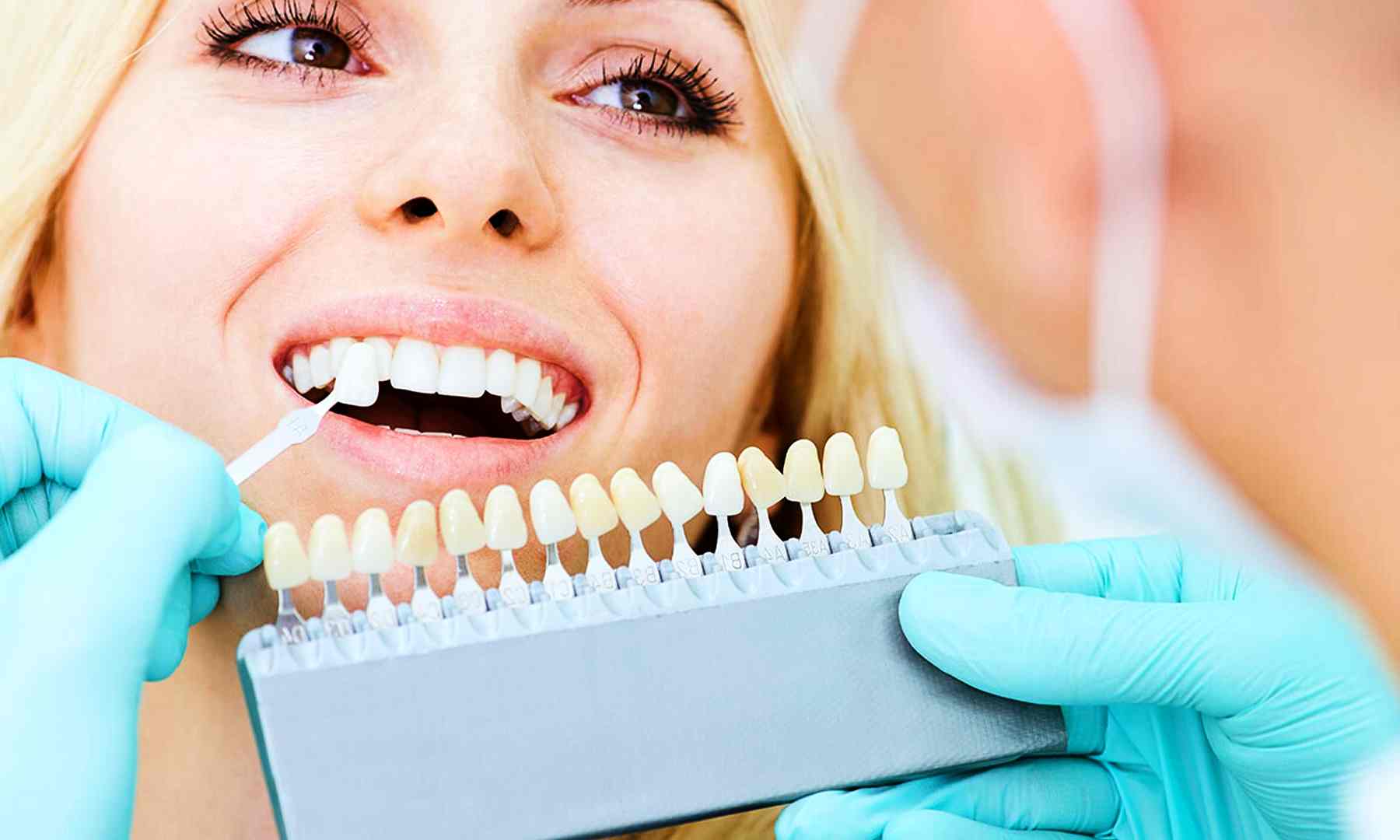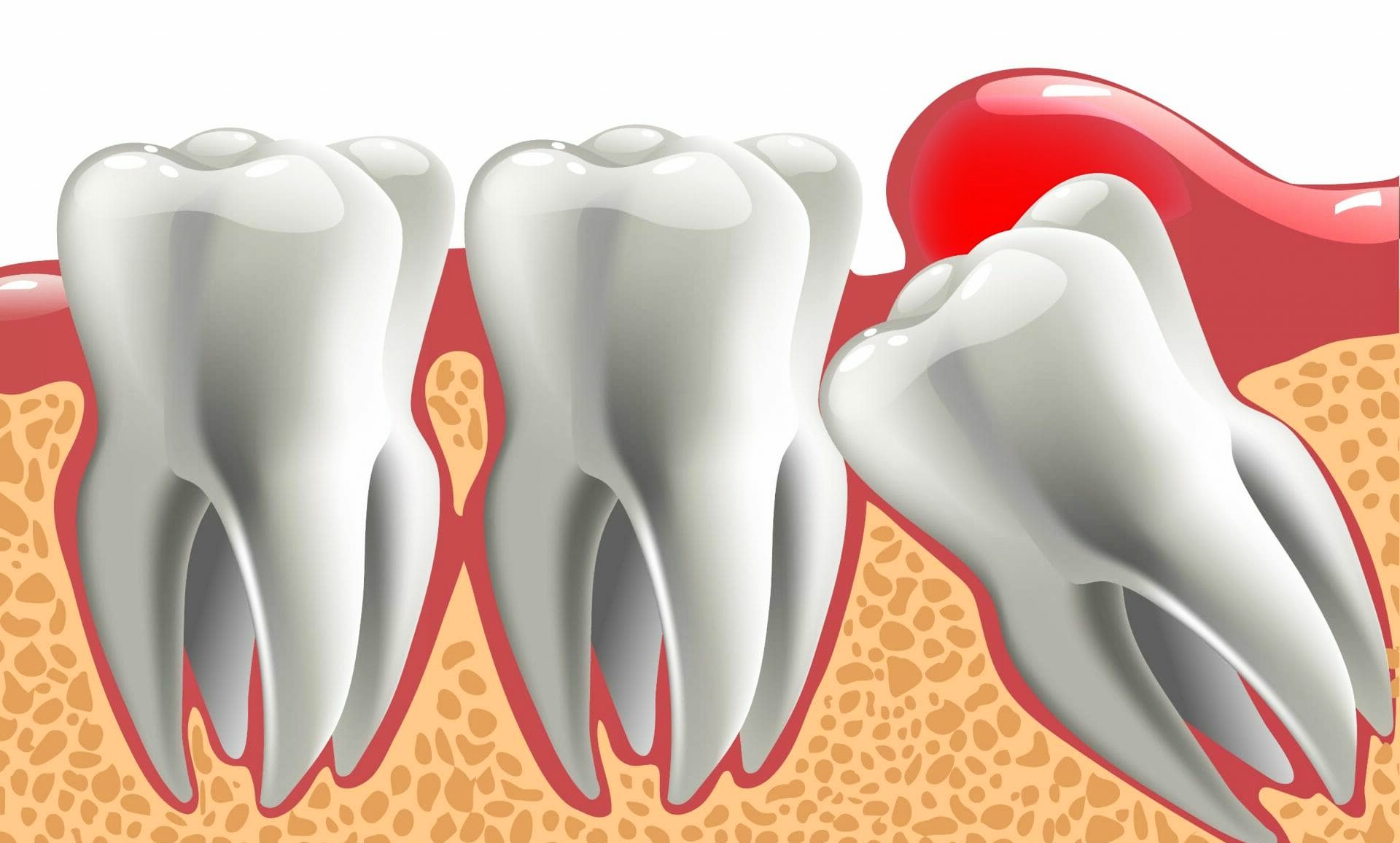Veneers are a popular cosmetic dental solution, offering people the chance to transform their smiles. They are thin shells of porcelain or composite resin that are custom-made to cover the front surface of your teeth. But do you have to replace veneers every 10 years? Continue reading to explore dental veneers, their longevity, maintenance, and everything you need to know.
What Are Dental Veneers?
Dental veneers are ultra-thin shells, typically made of porcelain, that are custom-designed to fit over the front surface of your teeth. They are like the superheroes of dentistry, capable of concealing various dental imperfections, from stains to misalignment. Veneers offer an instant boost of confidence by creating a flawless smile.
Porcelain and composite resin are the two main types of veneers. Porcelain veneers are highly durable and resistant to staining, making them a popular choice. On the other hand, composite resin veneers are more affordable but may require more frequent maintenance.
The Lifespan of Veneers
Now, let’s address the million-dollar question: Do You Have to Replace Veneers Every 10 Years? The answer is not a basic yes or no. Veneers are known for their durability and can last for a decade or more. However, their longevity is influenced by a number of factors.
Factors Affecting Veneer Longevity

Material Matters: The type of material used for your veneers significantly influences their longevity. Porcelain veneers are known for their durability and stain resistance, making them a popular choice. Porcelain veneers can last up to 15 years with proper maintenance. Composite resin veneers, on the other hand, tend to have a shorter lifespan, typically around 7 to 10 years.
Maintenance is Key: Proper care and maintenance play a significant role in extending the lifespan of your veneers. Regular dental check-ups and cleanings are essential to monitor their condition and ensure they stay in optimal shape.
Oral Hygiene: Maintaining good oral hygiene is paramount. Regular brushing, flossing, and routine dental check-ups will help prevent issues that could lead to premature veneer replacement.
Avoiding Staining Agents: Limit the consumption of staining substances like coffee, tea, red wine, and tobacco. These can discolor your veneers over time.
Diet and Lifestyle: Certain dietary habits and lifestyle choices can affect the longevity of veneers. Avoiding excessive consumption of foods and beverages that can stain teeth, such as coffee, tea, red wine, and tobacco, can help keep your veneers looking their best. Additionally, avoiding habits like nail-biting or using your teeth as tools can prevent chipping or damage to the veneers.
Avoiding Bad Habits: Habits like teeth grinding or using your teeth to open packages can lead to premature wear and damage to veneers. It’s essential to avoid such habits to prolong their lifespan.
Regular Dental Check-ups: Visit your dentist regularly for professional cleanings and to address any issues on time.
Signs Your Veneers Need Replacement
While veneers are durable, they are not invincible. Over time, they may show signs of wear and tear, indicating the need for replacement. Here are some common signs:
- Chips or Cracks: If you notice chips or cracks in your veneers, it’s crucial to address them promptly. They can lead to further damage and compromise the aesthetics of your smile.
- Discoloration: While veneers are resistant to staining, they are not entirely impervious. If you notice persistent discoloration that cannot be resolved with professional cleaning, it may be time for new veneers.
- Gum Recession: Changes in your gumline can affect the appearance and functionality of your veneers. If you experience gum recession, consult your dentist to evaluate whether replacement is necessary.
- Change in Fit: If your veneers no longer fit properly or feel uncomfortable, it’s a sign that they may need replacement.
The Veneer Replacement Process

If you and your dentist determine that it’s time to replace your veneers, don’t worry; the process is generally straightforward. It involves:
- Consultation: Your dentist will evaluate the condition of your current veneers and discuss your goals and expectations for the replacement.
- Preparation: The old veneers are removed, and your teeth are prepared for the new ones.
- Impressions: Impressions of your teeth are taken to create custom veneers that perfectly match your desired aesthetics.
- Temporary Veneers: You may wear temporary veneers while your custom ones are being fabricated.
- Placement: The new veneers are bonded to your teeth, and final adjustments are made to ensure a perfect fit and appearance.
- Enjoy Your New Smile: Once the procedure is complete, you can enjoy your refreshed, dazzling smile.
Tips that maximize the lifespan of your veneers
To maximize the lifespan of your veneers, follow these care tips:
- Brush your teeth gently with a non-abrasive toothpaste.
- Use a soft-bristle toothbrush to avoid scratching the veneer’s surface.
- Floss daily to maintain healthy gums and prevent decay around the veneer edges.
- Do not bite on ice or pens or any other hard things.
- Wear a mouthguard if you grind your teeth.
- Schedule regular dental check-ups for professional cleaning and assessment.
Read Also: Essential Oils For Toothache
Final Thoughts
While the idea of replacing veneers every 10 years is not a strict rule, it’s essential to monitor the condition of your veneers and consult your dentist when necessary. With proper care and maintenance, veneers can last well beyond a decade. Remember that your oral hygiene habits and lifestyle choices play a crucial role in preserving your radiant smile.
So, do you have to replace veneers every 10 years? Not necessarily. It depends on various factors, including the type of veneers, maintenance, and individual variations. The key is to stay informed, take good care of your veneers, and consult your dentist regularly to ensure your smile continues to shine brightly.



